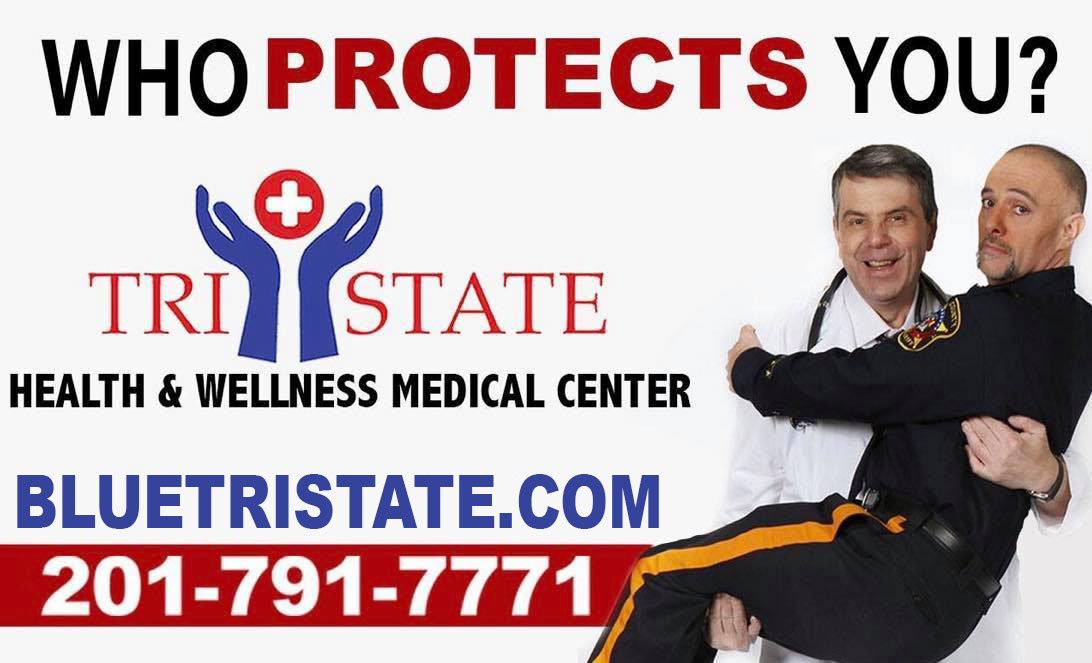UVALDE: LEADERSHIP, COMMON SENSE & COURAGE
/By: Joel E. Gordon
If Uvalde teaches us anything, it should be that Law Enforcement leaders should be chosen based on their skill set, experience, and leadership abilities during crisis. Not political connections, tenure, or demographics. Agendas need to be apolitical when the shit hits the fan. - Rob O'Donnell via Twitter
The Uvalde, Texas, School District Police Department has received much criticism for its failure to expeditiously stop a school gunman who shot and killed 19 children and two teachers. Texas Department of Public Safety Director Col. Steven McCraw called the response "100% flawed." When speaking to the state's Senate committee, he heavily condemned the response by police. He also said that officers on-scene could have stopped the gunman’s rampage within "three minutes." 'The officers had weapons ... [they] had body armor. The children had none…' “response to the Uvalde shooting was an ‘abject failure,’ as the on-scene commander waited for things like a key “that was never needed.”
Thor Eells, executive director of the National Tactical Officers Association, said, "If you're in a classroom with innocent victims and I know that shots have been fired, I need to engage you.”
“They had the tools,” said Terry Nichols, a former Seguin police chief and active-shooter expert. “Tactically, there’s lots of different ways you could tackle this. … But it takes someone in charge, in front, making and executing decisions and that simply did not happen.”
While investigations are ongoing as to the facts and what could have been done differently at this active shooter scene one thing is certain; moral and procedural obligations and a legal obligation to protect are not one and the same. Criminal charges against police officers who fail to protect the public are rare.
The motto, "To Protect and Serve," was first used by the Los Angeles Police Department in the 1950s and it has been copied by many other police departments and is engrained in the minds of the public. However, what is a police officer's legal obligation to actually protect people? Must sworn law enforcement officers risk their lives in dangerous situations like the one in Uvalde?
The answer is no.
· In a 1981 case Warren v. District of Columbia, the D.C. Court of Appeals held that police have a general "public duty," but that "no specific legal duty exists" unless there is a special relationship between an officer and an individual, such as a person in custody.
· In 2005's Castle Rock v. Gonzales, a woman sued the police for failing to protect her from her husband after he violated a restraining order and abducted and killed their three children. Justices said the police had no such duty.
· Most recently, the U.S. Court of Appeals for the 11th Circuit upheld a lower court ruling that police could not be held liable for failing to protect students in the 2018 shooting that claimed 17 lives at Marjorie Stoneman Douglas High School in Parkland, Florida.
Police do have protocols for dealing with dangerous situations like the ones in Uvalde and Parkland, and these protocols often emphasize the need for police to take rapid action. The International Association of Chiefs of Police says, "Taking action during active shooter incidents, rather than waiting for specially equipped and trained officers, can save lives and prevent serious injuries. Time lost by delayed action is likely to result in additional casualties."
IACP provides guidance on how officers in those situations should assess how to proceed with that rapid response.
And no matter how it is accomplished, it will likely be extremely dangerous and be a risk to officers own lives. But as courts have determined, they have no obligation to do that.
As after-action reviews continue in Uvalde and elsewhere, without any rush to judgment, it is important to note that most officers who I have known and worked with have a strong desire to help protect those in need. Both I and other officers I have known have gone out of our way to resolve threats, avoiding the use of deadly force when possible, often at risk to our own safety.
Preparedness and a balance between officer safety and other necessary actions against attackers to save lives must be achieved. That being said, in an active shooter or in-progress attack situation time is not always on the side of those wanting to protect and deadly force can become necessary to stop a threat to innocent lives which is why training and preparedness is essential now and always. Leadership, common sense and courage must prevail.
Joel E. Gordon is a former Field Training Officer with the Baltimore City Police Department and is a past Chief of Police for the city of Kingwood, West Virginia. He has also served as vice-chair of a multi-jurisdictional regional narcotics task force. An award winning journalist, he is author of the book Still Seeking Justice: One Officer's Story and founded the Facebook group Police Authors Seeking Justice. Look him up at stillseekingjustice.com








